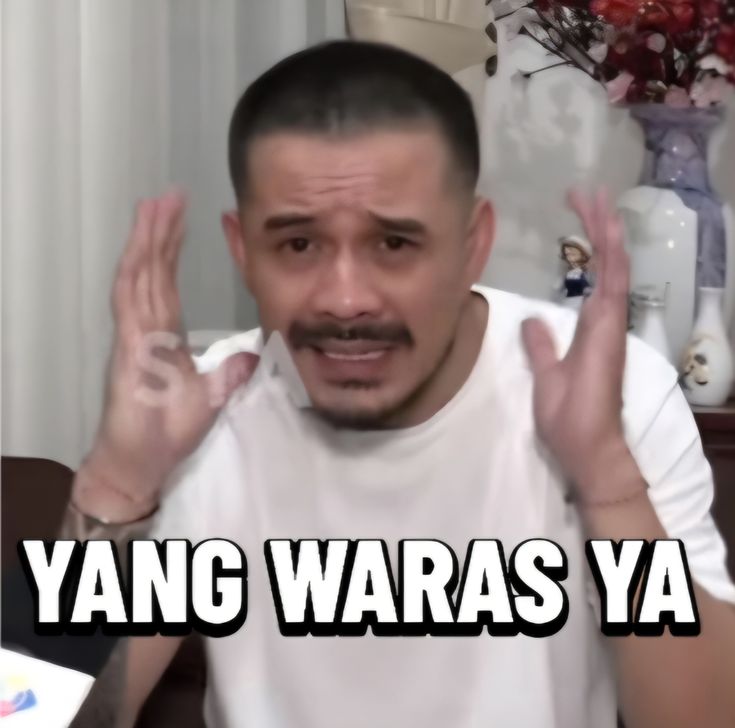889K Orang Telah Merasakan Jackpot Dalam 24 Jam Terakhir!
Price:Rp 88,000
GACOR4D: Link Resmi Toto 4d Situs Slot Gacor Online Malam Ini Bet 200 Terbaru Dan Terpercaya
GACOR4D adalah link resmi toto 4d situs slot gacor online malam ini dengan bet 200 terbaru dan terpercaya. Platform ini menghadirkan berbagai pilihan permainan slot populer, bonus melimpah, serta peluang jackpot besar setiap hari. Didukung sistem keamanan modern dan transaksi cepat, pemain dapat menikmati pengalaman bermain yang aman dan nyaman. Daftar sekarang dan rasakan sensasi kemenangan maksimal bersama layanan profesional 24 jam terbaik untuk semua member setia slot gacor.
Star Seller
Star Sellers have an outstanding track record for providing a great customer experience – they consistently earned 5-star reviews, dispatched orders on time, and replied quickly to any messages they received.
Star Seller. This seller consistently earned 5-star reviews, dispatched on time, and replied quickly to any messages they received.


